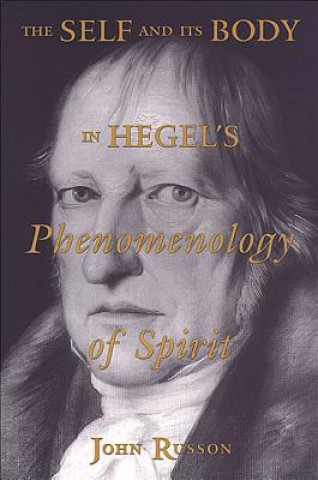
Kód: 04710487
Self and its Body in Hegel's Phenomenology of Spirit
Autor John Russon
A major criticism of Hegel's philosophy is that it fails to comprehend the experience of the body. In this book, John Russon shows that there is in fact a philosophy of embodiment implicit in Hegel's Phenomenology of Spirit. Russo ... celý popis
- Jazyk:
 Angličtina
Angličtina - Vazba: Pevná
- Počet stran: 216
Nakladatelství: University Of Toronto Press, 1997
- Více informací o knize

2716 Kč
Dostupnost:
50 % šance Máme informaci, že by titul mohl být dostupný. Na základě vaší objednávky se ho pokusíme do 6 týdnů zajistit.
Máme informaci, že by titul mohl být dostupný. Na základě vaší objednávky se ho pokusíme do 6 týdnů zajistit.Prohledáme celý svět
Mohlo by se vám také líbit
-
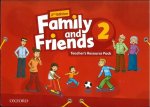
Family and Friends: Level 2: Teacher's Resource Pack
831 Kč -
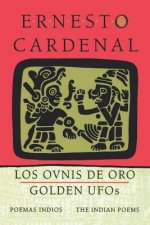
Golden UFOs: The Indian Poems
861 Kč -

Environmental Chemistry
2753 Kč -
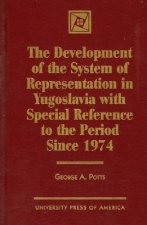
Development of the System of Representation in Yugoslavia
5539 Kč -
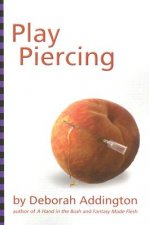
Play Piercing
343 Kč -
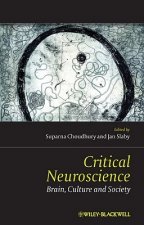
Critical Neuroscience - A Handbook of the Social and Cultural Contexts of Neuroscience
6932 Kč -
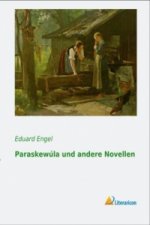
Paraskewúla und andere Novellen
958 Kč
Darujte tuto knihu ještě dnes
- Objednejte knihu a zvolte Zaslat jako dárek.
- Obratem obdržíte darovací poukaz na knihu, který můžete ihned předat obdarovanému.
- Knihu zašleme na adresu obdarovaného, o nic se nestaráte.
Informovat o naskladnění knihy
Zadejte do formuláře e-mailovou adresu a jakmile knihu naskladníme, zašleme vám o tom zprávu. Pohlídáme vše za vás.
Více informací o knize Self and its Body in Hegel's Phenomenology of Spirit
Nákupem získáte 272 bodů
 Anotace knihy
Anotace knihy
A major criticism of Hegel's philosophy is that it fails to comprehend the experience of the body. In this book, John Russon shows that there is in fact a philosophy of embodiment implicit in Hegel's Phenomenology of Spirit. Russon argues that Hegel has not only taken account of the body, but has done so in a way that integrates both modern work on embodiment and the approach to the body found in ancient Greek philosophy.Although Russon approaches Hegel's Phenomenology from a contemporary standpoint, he places both this standpoint and Hegel's work within a classical tradition. Using the Aristotelian terms of 'nature' and 'habit,' Russon refers to the classical distinction between biological nature and a cultural 'second nature.' It is this second nature that constitutes, in Russon's reading of Hegel, the true embodiment of human intersubjectivity. The development of spirit, as mapped out by Hegel, is interpreted here as a process by which the self establishes for itself an embodiment in a set of social and political institutions in which it can recognize and satisfy its rational needs. Russon concludes by arguing that self-expression and self-interpretation are the ultimate needs of the human spirit, and that it is the degree to which these needs are satisfied that is the ultimate measure of the adequacy of the institutions that embody human life.This link with classicism - in itself a serious contribution to the history of philosophy -provides an excellent point of access into the Hegelian system. Russon's work, which will prove interesting reading for any Hegel scholar, provides a solid and reliable introduction to the study of Hegel.
 Parametry knihy
Parametry knihy
Zařazení knihy Knihy v angličtině Humanities Philosophy History of Western philosophy
2716 Kč
- Plný název: Self and its Body in Hegel's Phenomenology of Spirit
- Autor: John Russon
- Jazyk:
 Angličtina
Angličtina - Vazba: Pevná
- Počet stran: 216
- EAN: 9780802009197
- ISBN: 0802009190
- ID: 04710487
- Nakladatelství: University Of Toronto Press
- Hmotnost: 465 g
- Rozměry: 235 × 160 × 21 mm
- Datum vydání: 21. August 1997
Oblíbené z jiného soudku
-

Meditations
245 Kč -

The Myth of Sisyphus
169 Kč -

Why I Am so Clever
91 Kč -

Meditations
410 Kč -

Republic
279 Kč -

Beyond Good and Evil
258 Kč -

Gay Science
316 Kč -

Aphorisms on Love and Hate
90 Kč -
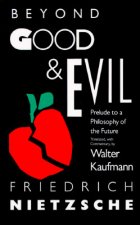
Beyond Good & Evil
322 Kč -
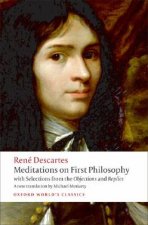
Meditations on First Philosophy
253 Kč -
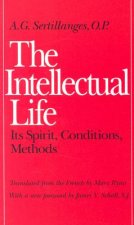
Intellectual Life
454 Kč -

Socrates' Defence
90 Kč -
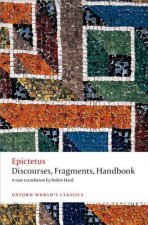
Discourses, Fragments, Handbook
306 Kč -

Ride the Tiger
493 Kč -

Thus Spoke Zarathustra
276 Kč -
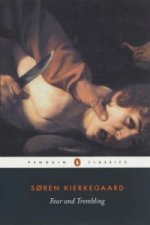
Fear and Trembling
276 Kč -
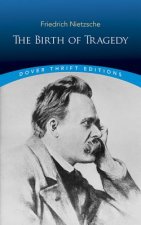
Birth of Tragedy
90 Kč -
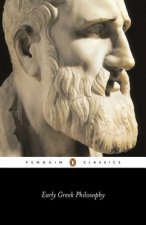
Early Greek Philosophy
357 Kč -
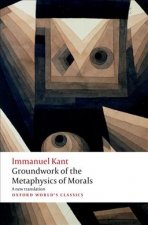
Groundwork for the Metaphysics of Morals
286 Kč -
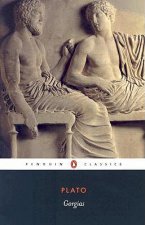
Gorgias
232 Kč -
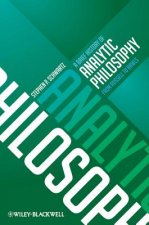
Brief History of Analytic Philosophy - From Russell to Rawls
955 Kč -
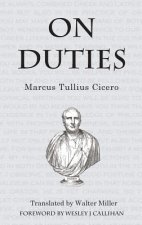
On Duties
322 Kč -

Discourses and Selected Writings
306 Kč -

Nicomachean Ethics
136 Kč -

Nausea
276 Kč -

Letters from a Stoic
276 Kč -

Meditations
502 Kč -

Simulacra and Simulation
416 Kč -

Phenomenology of Spirit
551 Kč -

Twilight of the Idols with The Antichrist and Ecce Homo
136 Kč -
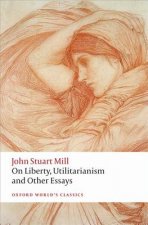
On Liberty, Utilitarianism and Other Essays
250 Kč -
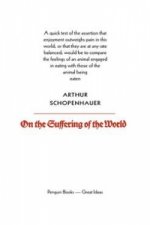
On the Suffering of the World
196 Kč -
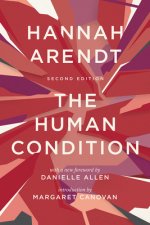
Human Condition
511 Kč -

On the Shortness of Life
223 Kč -

Existentialism Is a Humanism
213 Kč -

Think
324 Kč -
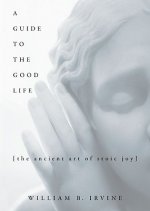
Guide to the Good Life
434 Kč -
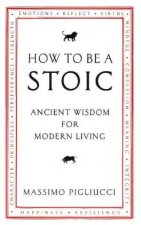
How To Be A Stoic
431 Kč -

The Symposium
233 Kč -

Human, All Too Human & Beyond Good and Evil
131 Kč -
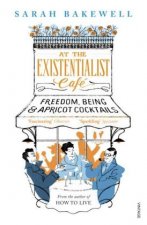
At The Existentialist Cafe
358 Kč -
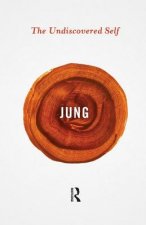
Undiscovered Self
708 Kč -
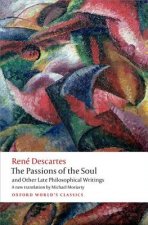
Passions of the Soul and Other Late Philosophical Writings
303 Kč -
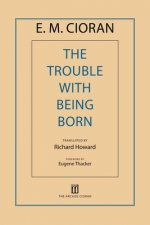
The Trouble With Being Born
306 Kč -
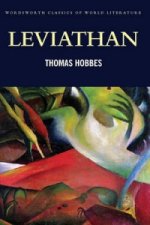
Leviathan
136 Kč -
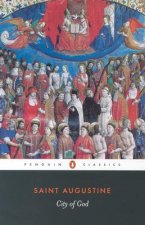
City of God
454 Kč -
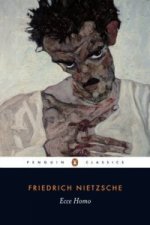
Ecce Homo
250 Kč -
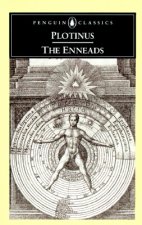
Enneads
381 Kč -
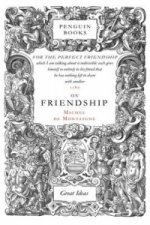
On Friendship
196 Kč
Osobní odběr Praha, Brno a 12903 dalších
Copyright ©2008-24 nejlevnejsi-knihy.cz Všechna práva vyhrazenaSoukromíCookies


 Vrácení do měsíce
Vrácení do měsíce 571 999 099 (8-15.30h)
571 999 099 (8-15.30h)